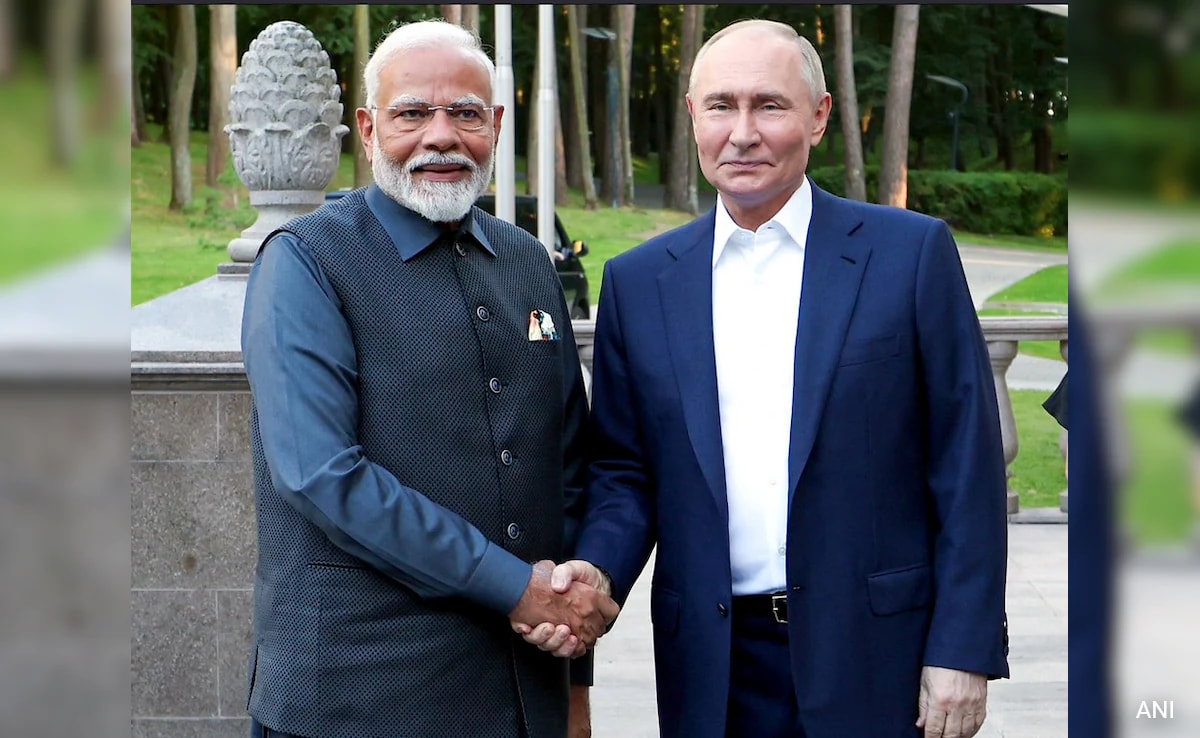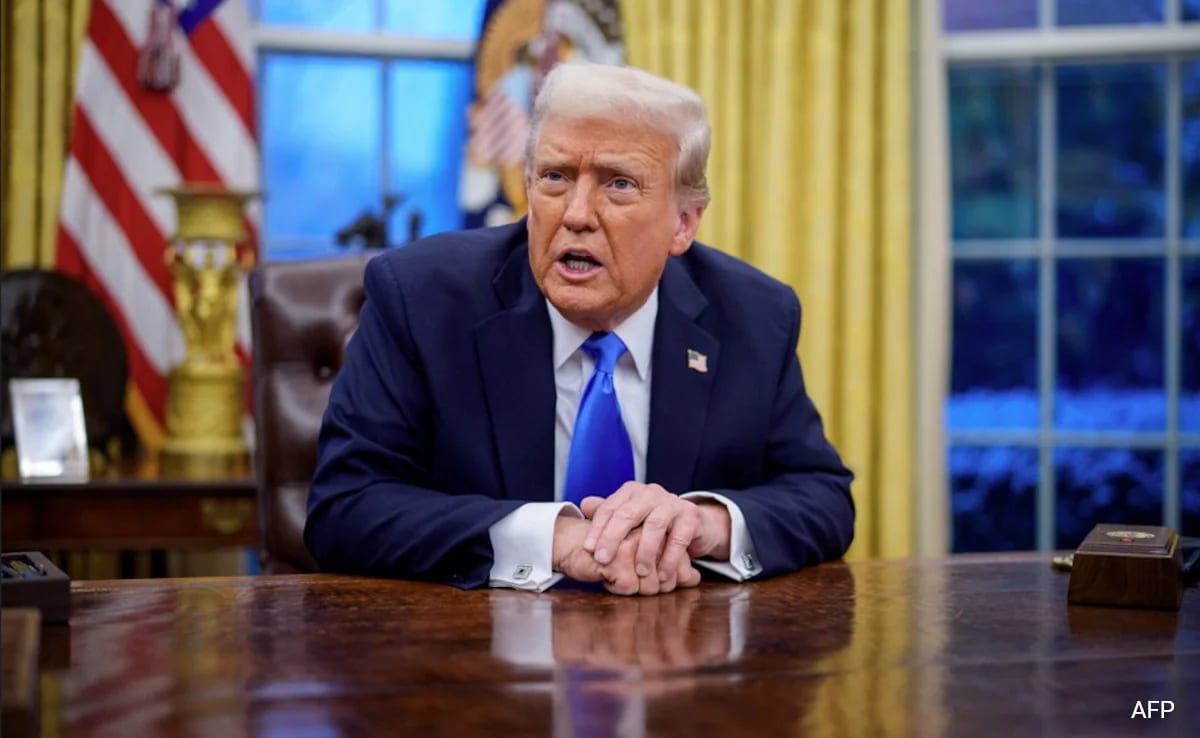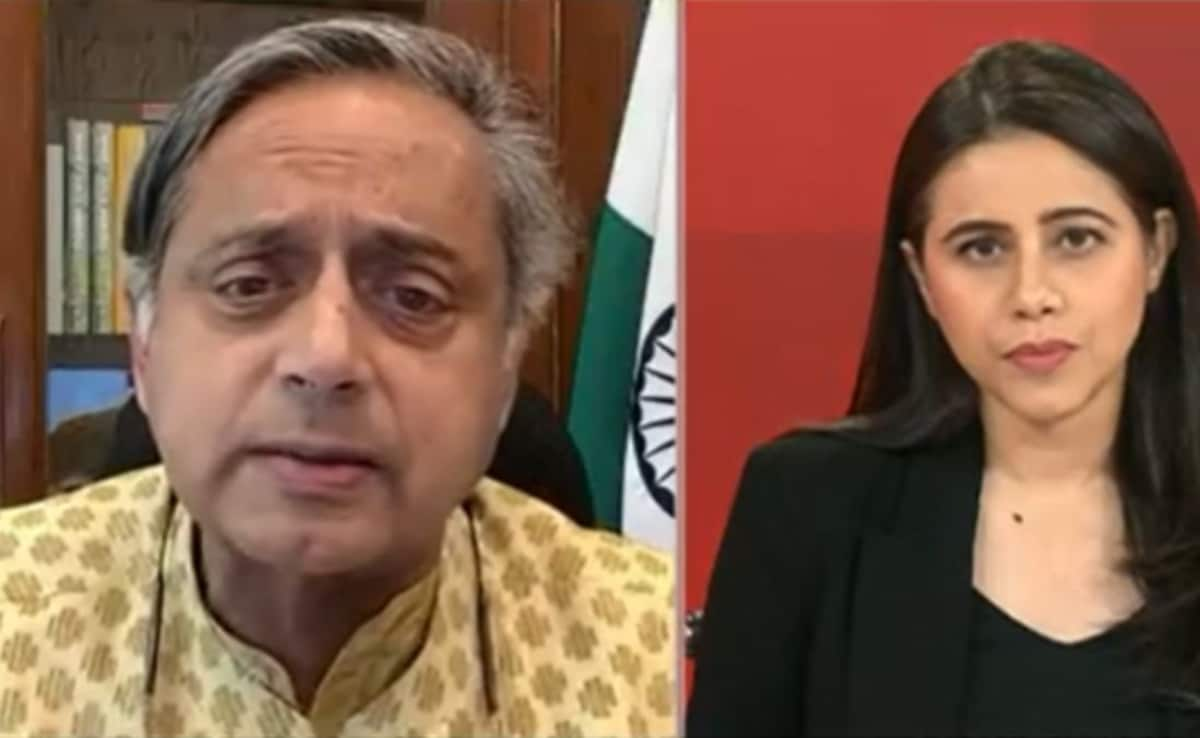India’s crude oil import bill could increase by USD 9 billion this financial year and USD 12 billion in the next, if the country stops buying Russian crude oil amid Washington’s latest action against New Delhi over the purchases.
A report published by the State Bank of India (SBI) also said India can consider buying oil from Iraq – its top supplier before the Ukraine war – followed by Saudi Arabia and the UAE in the event of cutting off the Russian supplies.
The findings come amid escalating tensions between India and US over the latter’s decision to slap an additional 25 percent duty and subsequently doubling it to 50 percent on Indian goods over New Delhi’s continuous imports of Russian oil. With this action singling out New Delhi for the Russian oil imports, India will attract the highest US tariff of 50 percent along with Brazil.
“If India stopped oil imports from Russia during the rest of FY26, then India’s fuel bill might increase by only $9 billion in FY26 and $11.7 billion in FY27,” the report said.
“Russia accounts 10% of global crude supply, if all the countries stopped buying from Russia. So crude price may increase by 10% if no other countries increase their production,” it added.
The report also said India substantially increased purchasing of Russian oil since 2022, which was sold at a discount, capped at USD 60 per barrel, to ensure energy security after Western nations imposed sanctions on Moscow and avoided its supplies following the invasion of Ukraine. “Consequently, from merely 1.7% share in total oil imports in FY20, Russia’s share has increased to 35.1% in FY25 and it is now the biggest oil importer for India,” it said.
Also Read | NSA Ajit Doval Holds Meetings In Moscow Amid US 50% Tariffs On India
In terms of volume, India imported 88 million metric tonnes of crude from Russia in FY25, out of its total oil imports of 245 MMT, it added.
Indian refiners generally source oil from Middle Eastern producers through annual contracts, which allow flexibility to request additional supplies each month. Since the imposition of sanctions on Russia, refiners have also turned to crude suppliers in the United States, West Africa, and Azerbaijan, the report said.
“If Russian supplies were cut off, India could shift back to its traditional Middle Eastern suppliers under existing annual deals, ensuring flexibility in meeting its import needs,” it said.
The report highlighted that while the potential increase in the import bill is significant, India’s diversified supply network and established contracts with other oil-producing nations may help cushion the impact. However, a rise in global crude prices due to reduced Russian exports would still put upward pressure on costs.
Also Read | Putin To Visit India This Year As Trump Targets Nations Over Russian Oil
In an executive order signed on Wednesday, Mr Trump wrote, “I find the Government of India is currently, directly or indirectly, importing Russian Federation oil… in my judgement I determine it necessary to impose an ad valorem duty on imports of articles from India…”
“India has not been a good trading partner… we settled on 25 percent… but I think I’m going to raise that substantially over the next 24 hours because they’re buying Russian oil,” he told a US broadcaster later.
According to data intelligence firm Kpler Ltd, Russian crude is being offered to Indian buyers at lower prices as European Union sanctions and threats of penalties from the US cloud the demand outlook, Bloomberg reported.
The price of Urals, the OPEC+ producer’s flagship oil, is more than $5 a barrel cheaper than Dated Brent, according to a note on Wednesday from Kpler, which cited Argus data. That compares with almost parity two weeks ago. Still, replacing Russia’s 37% market share will be costly for Indian refiners and it’s unlikely they will fully cease imports, Kpler said.
Also Read | As Trump Doubles Tariff To 50%, What Are India’s Options And Risks
IMPACT ON AGRICULTURE, PHARMA INDUSTRIES
As the agricultural sector is also set to bear the brunt of Mr Trump’s tariffs, the SBI report said “India, STRATEGICALLY PROTECTING ITS SOVEREIGNITY MUST CONTINUE protecting its farmers from likelihood of predatory practices of select global conglomerates who may vie for a lucrative Desi pie without ‘investing in sustainable market infrastructure creation.”
The report mentioned the consequences of possible tariffs on pharmaceutical exports. While the Trump administration has so far not imposed any tariff on the export of pharmaceuticals from India to the US, the report said that a possible tariff of 50% may hit earnings of firms by 5 percent to 10 percent this financial year.
Also Read | Trump Was Asked Why He’s Singling Out India Over Russia Trade. His Reply
“Further, tariff will reduce competitiveness in the world’s largest pharma market and profit margin pressure due to inability to pass on costs,” it said.
On Thursday, Prime Minister Narendra Modi said India will never compromise on the interests of its farmers, fishermen and dairy sector, and declared he was prepared to bear a significant personal cost if necessary.
The US will equally suffer if it plans to impose tariffs on the industry, the SBI eport said.
“India has been a cornerstone of global supply chain for affordable, high-quality and availability of essential medicines, particularly life saving oncology drugs, antibiotics, and chronic diseases treatments. Though generic drugs constitute 90% of prescriptions dispensed in the US, they account for 26% of drug spending (2018). In US, health expenditures per person per annum is around $15,000, and hence with 35% India’s share in generic drugs tariff will going to impact US citizens significantly,” it said.




